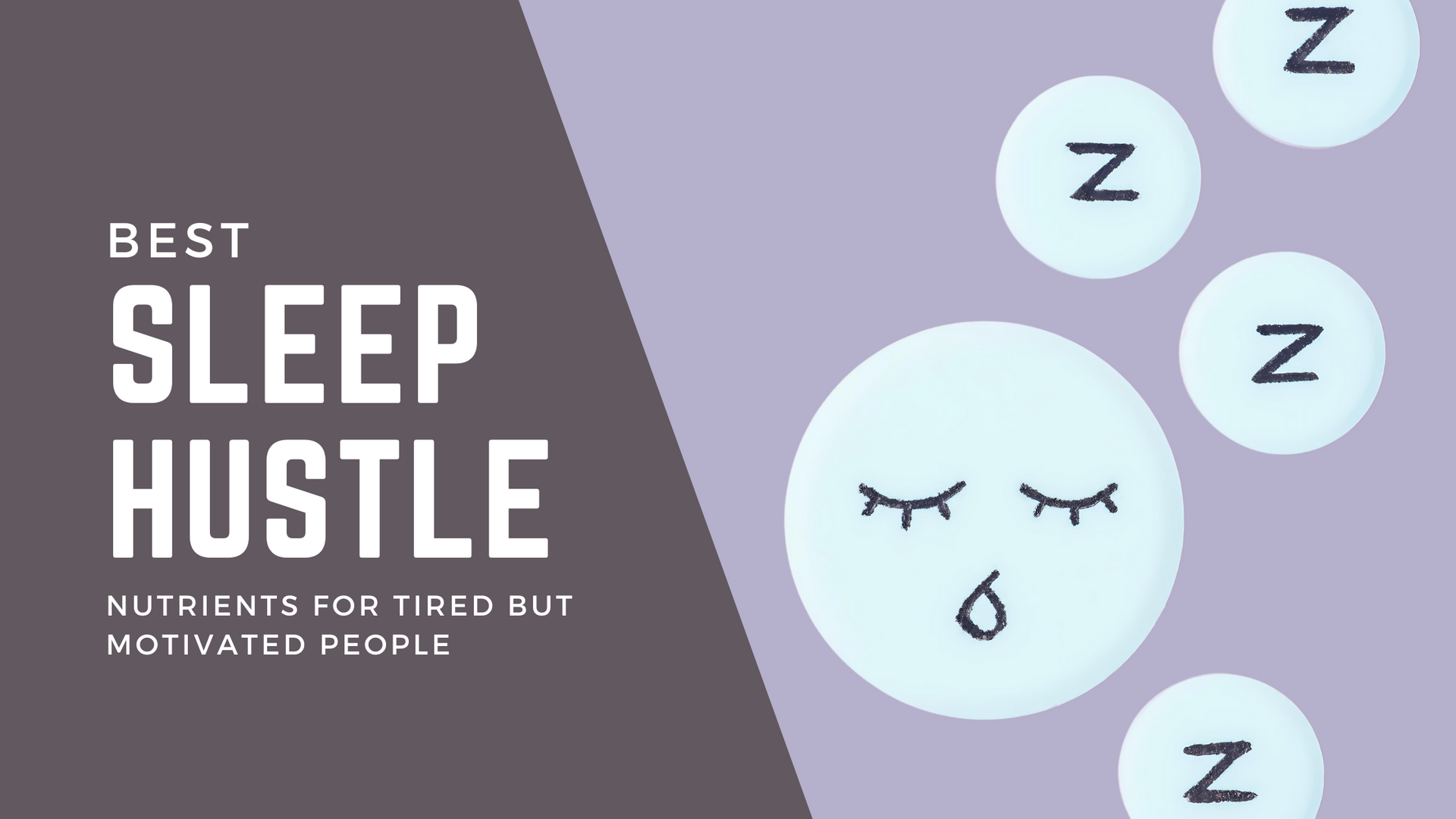Dr. Julia St. Clair is a Naturopathic Doctor running a private practice, Simply Refined Health in sunny Gilbert, AZ. Her goal is to simplify the process and help you refine your treatment options to what works for you along your healing journey. Dr. St. Clair enjoys cooking, yoga, spending time with her husband, and participating in church activities. She always wants to provide relevant information that you are interested in, so if you want to hear about a certain topic feel free to reach out with your topic or questions!
Does Disease Begin with Gut-Health? 3 basics to Prevent Disease.
What Is Gut-Health?What Is Gut-Health?
There has been lots of talk about what has become known as "gut-health.” Even the Johns Hopkins Medical Center website mentions it, one of
the most well-respected hospitals and Medical Schools in the United States, there is a good reason for this. Hidden within the walls of
your digestive system is a nervous system layer... what is known as “your second brain” and this “brain in your gut” is changing the way that we look at the links between mood, digestion, health and even the way that you think.
Does ALL Disease Begin with Gut-Health?
The short answer is “NO”. Not all
the diseases start in the gut. For an example, it doesn’t apply to the genetic or inherited diseases. But,
there are evidences that lots of chronic and metabolic diseases do. They begin in the gut. We can prevent these diseases by following
some easy steps. And research has shown that a healthy gut microbiome can even help shift the expression of our genes by something called "epigenetics," allowing us to influence the expression of genetic and inherited diseases as well.
Step 1: Understand the Second Brain and Why It Matters
This “little brain” is called the “enteric nervous system” or ENS and it comprises 2 thin layers of over 100 million nerve cells that line your GI tract from your esophagus to your rectum. The role of the ENS is to control every aspect of digestion, from swallowing to releasing the enzymes that help break food down, to the control of blood flow, which aids with both nutrient absorption and elimination. The ENS communicates with our brain with significant results.
When you have an unhealthy gut, the symptoms of that can manifest themselves in other parts of your body, with things such as joint pain, rashes, headaches, brain fog, fatigue, and so much more. It’s your body trying to tell you that something is wrong or out of balance.
Studies have found that increasing your gut-health can lead to improvements in:
- Immune function – 80% of our immune system is located in our guts
- Brain function
- Symptoms of anger, sadness, and depression
- Obesity
- Toxin levels in the body
- Irritable Bowel Syndrome (IBS)
- Allergies
- Chronic Fatigue Syndrome
How does this affect you?
The ENS may sense things that our cerebral brain can’t. Evidence has been found that when the GI tract is irritated it sends signals to the our brain, which can trigger our mood and ultimately affect it. When you consider that between 30%-40% of the population has bowel problems of some kind and that a higher percentage of these individuals develop depression and/or anxiety it’s easy to see how there could be a connection.
One of the ways we can influence this communication, is by altering our gut bacteria. Our bodies are filled with bacteria – good and bad. There are more bacteria in a human body than there are cells and there are an estimated 100 trillion microorganisms living in our bowels alone ( http://www.naturallivingideas.com/
13-ways-to-improve-gut-health/.) The key here is to have more good than bad bacteria in your gut – the fancy name for the good microorganisms is probiotics.
Probiotics help us do things like:
- Digest food;
- Absorb nutrients;
- Break down medications; and
- Kill some of the bad bacteria that lead to infection.
Step 2: Get More Probiotics
There are quite a few ways to get probiotics, but one of the easiest is to take a supplement called a probiotic. You will find many different kinds under different brand names and it would be a good idea to talk to your physician or pharmacist to see which is the brand that they recommend.
There are foods that are also loaded in probiotics. These foods include:
- Unpasteurized Cheese – Gouda, Cheddar, Provolone, and Gruyere are some examples
- Buttermilk
- Kefir
- Kombucha
- Miso
- Sauerkraut
- Apple Cider Vinegar
- Yogurt – be sure and read the labels on the different yogurts (this can be dairy or non-dairy sources)
Generally speaking, getting more probiotics into your system is one of the best ways that you can improve your gut-health. However, there are always exceptions to this rule, such as if you have SIBO, IBS, etc, in which cases taking probiotics might make your symptoms worse. There might be strains that could address your condition better than others, so by speaking to a licensed professional could get your more bang for your buck when it comes to probiotic supplementation.
More Probiotics, What Else?
The ones we hate. The ones that almost seem impossible sometimes.
Stress Less.
Stress, especially long-term stress, not only affects our gut bacteria, but it also affects the productions of hormones and neurochemicals that communicate with our brain. When it is long-term stress these chemicals and hormones can change permanently (unless you specifically work to change them back). Long-term stress may also lead to gastroesophageal reflux disease (GERD), stomach ulcers, IBD, IBS, and potentially food
allergies.
Laugh More.
Laughter really is the best medicine. It helps to reduce stress and floods your body with the happy hormones and chemicals that make the good overtake the bad. There was even a study conducted (you can read more about it by clicking the link, h ttps:// www.ncbi.nlm.nih.gov/pubmed/1954310 2) where researchers studied healthy people as well as those with atopic dermatitis – a
disease that is often associated with imbalances in gut bacteria. The researchers had the participants watch funny movies daily for one week. In only one week, the patients’ gut flora had changed and resembled the healthy participants.
Step 3: Play in The Dirt!
This is true both literally and figuratively.
Gardening is good for you because it gets you outside, gives you exercise, and putting your hands in soil introduces your body to the microorganisms that are found on the plants and in the ground.
In a more figurative way, stop killing all the bacteria. They have recently stopped putting anti-bacterial agents in things because humans are killing all the bacteria, the good and the bad. And what is happening? The bad bacteria are getting stronger and the good bacteria are dying.
Studies have shown that kids who grow up with a dog have both a lower risk of allergies and a healthier immune system. Dogs are associated with a type of house dust that actually exposes us to important strains of bacteria, L. johnsonii is one, which is essential within the digestive tract ( http://www.naturallivingideas.com/13-ways-to-improve-gut-health/.
) Dogs also work somewhat like a probiotic, helping develop healthy bacteria that boost your immune system, stopping you from getting ill, and possibly reducing allergies. Dogs also help you, or in some cases force you, to exercise more and help relieve stress in your life.
Simply stated.
It may well be that a large part of maintaining good health is maintaining good gut-health. There are many ways that you can do this,
including exercise, and learning to listen to your body; however, some of the easiest changes that you can make are to:
- Get plenty of probiotics – through supplements and food
- Laugh
- Manage your stress better
- Don’t over sterilize or try and kill all bacteria








